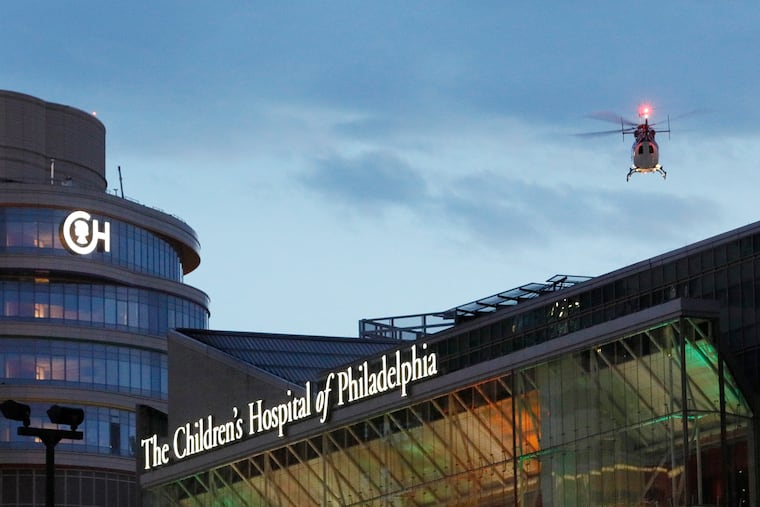Blame pandemic school closures for surge in common childhood viruses | Opinion
A spike in cases of a common childhood respiratory virus can be traced to the shutdown policies imposed at the height of the pandemic, writes State Sen. Scott Martin.

You know that quote by the business management guru Jim Collins: “Bad decisions made with good intentions are still bad decisions”?
The COVID-19 policies pursued by Gov. Tom Wolf and his administration — not to mention President Joe Biden’s administration — have exemplified this axiom.
In fact, The Inquirer has reported about the negative unintended consequences of those policies, even as Wolf and others continue to pat themselves on the back for imposing them.
A story published Sept. 30 by The Inquirer found that while beds are in short supply at Children’s Hospital of Philadelphia, fewer than a dozen patients within the 585-bed facility are there because they have the COVID-19 virus.
However, as the story notes, CHOP is overflowing with patients because of the pandemic.
Though the story didn’t go a step further, it could have: The hospital is filled to overflowing because of the policies imposed by certain elected officials.
» READ MORE: CHOP’s beds are overflowing, but not because of COVID-19
The health-care facility is dealing with a surge of respiratory syncytial virus, which the hospital’s chief medical officer Ron Keren told The Inquirer is due to “immunity debt.”
As The Inquirer reported, respiratory syncytial virus produces cold-like symptoms, is rarely fatal, and children are normally exposed to it — and lots of other things — on a regular basis, helping most to develop immunity to those things.
But because children were cooped up for the better part of two years, with many not in school classrooms or being with friends outside of school, they are far more vulnerable to these other viruses.
And just like the respiratory syncytial virus situation, locking down our kids has made them targets for something that has killed more children over the years than COVID-19: the seasonal flu.
» READ MORE: Republican leaders reject Wolf’s call to pass school mask mandate | Spotlight PA
The good news is children as young as 6 months old can get a flu shot, but that doesn’t change the fact that many parents don’t get their kids vaccinated for the flu, and health-care professionals like Keren are expressing concern about this year’s flu season.
Our elected officials claimed — and still claim — their data support their policies, that they did what was best for children by keeping them shut in their homes as schools were closed and normal interactions were vilified as “superspreader events.”
Keren told The Inquirer that CHOP is coping with a surge in admissions of adolescents and younger children struggling with severe anxiety, depression, and suicidal thoughts. Children with conditions such as autism are likewise experiencing problems caused by the disruptions and isolation during the pandemic, Keren said.
What’s infuriating about the situation at CHOP, which is also occurring at health-care facilities around the nation, is that plenty of people were warned about the potential of these kinds of consequences as the policies were being forced on all of us.
But people like the governor and the president said they knew better, that dissenting voices did not care about protecting lives, and that their policies were necessary to prevent the spread of the COVID-19 virus — even though the past 20 months in this state and around the world have shown the virus spreads regardless of whatever policies are implemented.
Sadly, those who questioned if those policies could accomplish the goals set by elected officials were silenced by portions of the political establishment.
At least someone is now drawing attention to the consequences of the actions taken in response to COVID-19 — even if it should have come far sooner.
Scott Martin, chair of the Pennsylvania Senate’s Education Committee, represents the state’s 13th Senate District, which includes parts of Lancaster County.